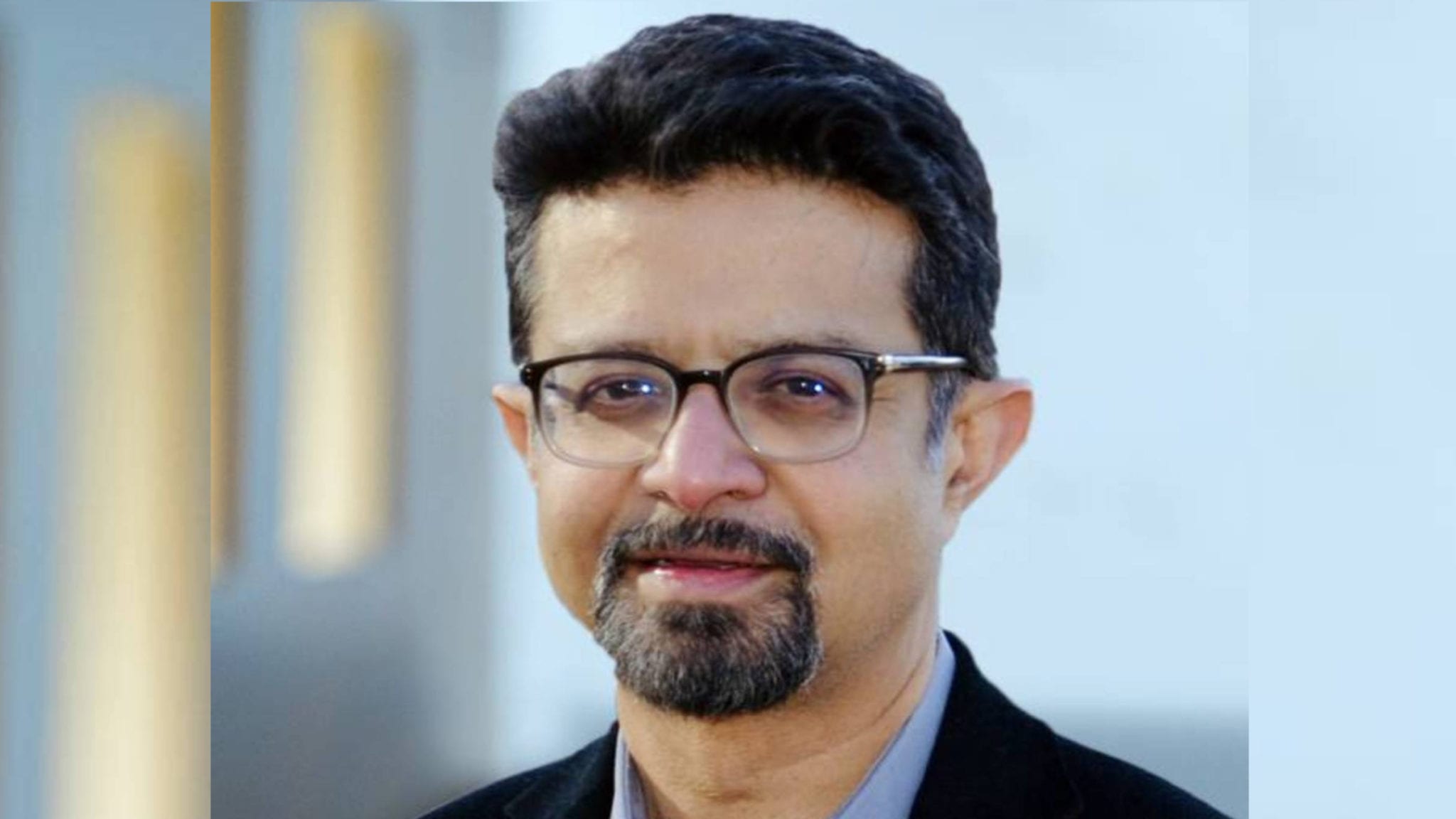
A month after losing its lead program, Unity Biotechnology cuts 30% of staff in restructuring
Unity Biotechnology’s lead anti-aging program faced the chopping block last month following a major Phase II flop. And now, 30% of its staff are next, as the company restructures to focus on ophthalmology and neurology.
The staff reduction will leave San Francisco-based Unity $UBX with 75 full-time employees by the end of the year. It’s yet another blow to the celebrity-funded biotech, which has been laser-focused on clearing senescent cells to potentially reduce the symptoms of aging.
Unlock this article instantly by becoming a free subscriber.
You’ll get access to free articles each month, plus you can customize what newsletters get delivered to your inbox each week, including breaking news.